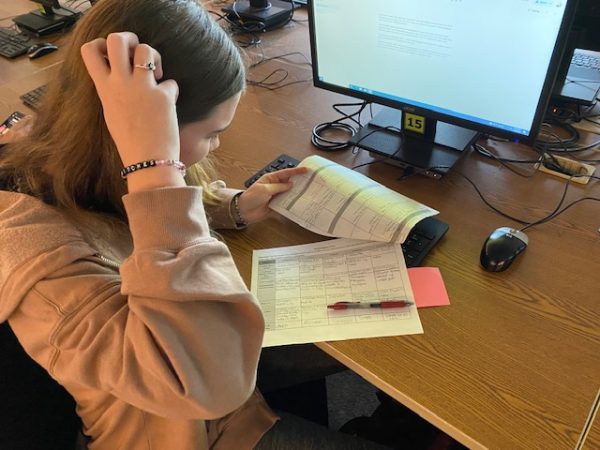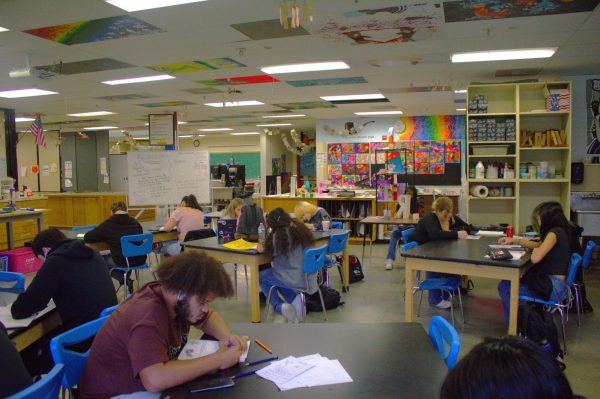Emily in Paris: Good Trash?
Netflix, the widespread comforting streaming service that we all know and love, has recently put us all in an unimaginable ordeal. While new trending shows are being released, and populating the platform, it’s blatantly obvious that 2022 Netflix does not compare to Netflix a few years ago. Iconic Netflix originals have either been demolished, aged like milk, confoundedly canceled, or, perhaps the most heart-wrenching: removed completely. At this point, Netflix has left us all with a miserable void yet to be filled. Nonetheless, new arrivals are accumulating discussion. One of them being, Emily in Paris.
Emily in Paris was first introduced to audiences in October of 2020. The show features main character Emily, her Parisian work colleagues, Luc & Julian, and of course her boss, Sylvie, who is characterized as the stereotypical rude French head of the company-Savoir. Emily is originally from Chicago, but arrives in Paris on business in place of her American boss, Madelaine (who’s currently pregnant). Once she has arrived, she briefly moves into an apartment and is determined to make an impressionable debut as the American perspective at her work place: the Gilbert Group office.
This plan however, is quickly compromised when in a predominantly French-speaking environment, non-French-speaking Emily is unable to properly communicate her ideas. In English, she proposes the Americanized idea that Savoir should be promoted through more social media strategies. The Gilbert Group office remains unimpressed with Emily and dismisses her ideas, as they view her as more of an outsider. The next day at the office, her work colleagues continue to disengage with her, and during her lunch break, Emily meets her future roommate, Mindy.
Throughout the season, Emily and Sylvie fail to establish a good work relationship. Although she’s grown closer to Julian and Luc, everyone at the office still perceives her as an incompetent and loud foreigner. They question her Americanzied ideologies, and find her strange in general. For instance, in Paris work is not associated with weekends. Emily is an ambitious workaholic, and despite her work colleagues informing her of this regulation, she’s determined to go against it regardless of the Parisian lifestyle her friends follow. In another instance, Emily receives a package containing Chicago deep dish pizza, in celebration of her birthday. Bewildered, Julian doesn’t hesitate to secretly throw it out.
Emily’s character development is also severely static. And although she’s presented as a populous and famous influencer, it’s never revealed to viewers how she even collectively gained such a big following, and platform. Her style is ambiguous and just about as perplexing as her social media influence. It seems as though the series attempted to present her as an outgoing, fashionable, and luxurious character but epically failed in the process. Emily isn’t that character, and it’s somewhat reflected in her incoherent style. She tries to be trendy by wearing designer clothing but misinterprets fashion concepts and is so overwhelmed by media influences she doesn’t understand herself- or Parisian fashion/culture.
She glamorizes over the lifestyle, but never fully partakes in it. She’s a perpetually misunderstood and ignorant character. When her ideas are rejected, she seeks redemption and validation from her colleagues in spite of their disapproval. And continues to complaisantly inject herself in situations that don’t involve her, consequently making her circumstances worse. The show in itself is notably a success, and somewhat intriguing, but it doesn’t display an accurate representation or portrayal of actual Parisian lifestyle. While season 1 had its flaws, if you enjoy a good comedy drama, this series might just be your cup of tea.











